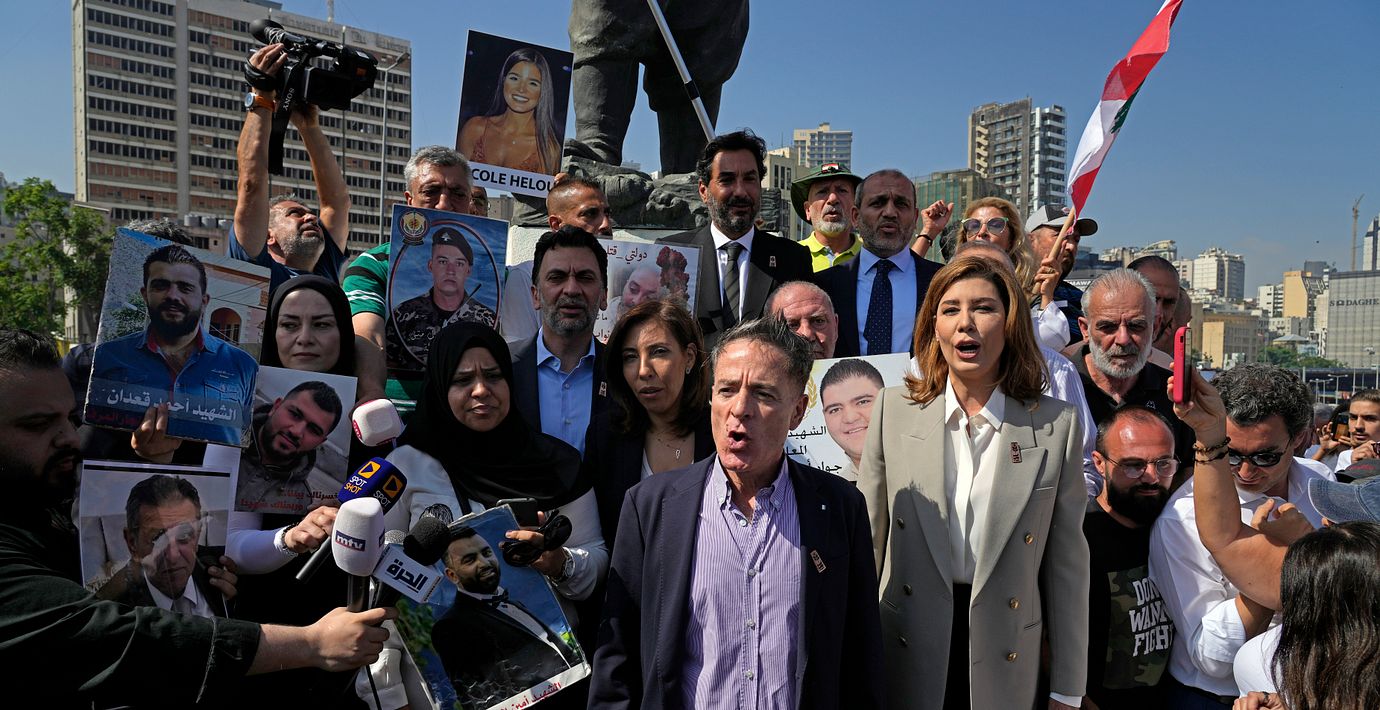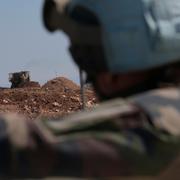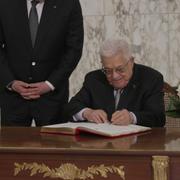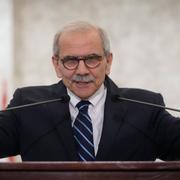
Splittrat parlament i första sammanträde i Libanon
Libanons nyvalda parlament höll sitt första sammanträde på tisdagen och valde talmannen Nabih Berri till en sjunde fyraårig mandatperiod, rapporterar Reuters.
Det nya parlamentet som valdes den 15 maj är djupt splittrat, skriver AP. Ingen koalition har majoritet i 128-säteskammaren. Hizbollah-milisen och dess allierade tappade den majoritet de haft sedan 2018 när de fick 61 mandat – fyra färre än vad som krävs.
Libanon befinner sig i den djupaste ekonomiska krisen i modern historia. I augusti 2020 dödade en massiv explosion i huvudstaden Beirut över 200 personer – men rättsprocessen har varit avstannad i månader på grund av överklaganden från åtalade myndighetsföreträdare.
bakgrund
Explosionen i Beirut 2020
Wikipedia (en)
On 4 August 2020, a large amount of ammonium nitrate stored at the Port of Beirut in the capital city of Lebanon exploded, causing at least 218 deaths, 7,000 injuries, and US$15 billion in property damage, and leaving an estimated 300,000 people homeless. A cargo of 2,750 tonnes of the substance (equivalent to around 1.1 kilotons of TNT) had been stored in a warehouse without proper safety measures for the previous six years after having been confiscated by the Lebanese authorities from the abandoned ship MV Rhosus. The explosion was preceded by a fire in the same warehouse, but as of September 2021, the exact cause of the detonation is still under investigation.
The blast physically shook the whole country of Lebanon. It was felt in Turkey, Syria, the Palestinian territories, and Israel, as well as parts of Europe, and was heard in Cyprus, more than 240 km (150 mi) away. It was detected by the United States Geological Survey as a seismic event of magnitude 3.3, and is considered one of the most powerful accidental artificial non-nuclear explosions in history.
The Lebanese government declared a two-week state of emergency in response to the disaster. In its aftermath, protests erupted across Lebanon against the government for their failure to prevent the disaster, joining a larger series of protests which have been taking place across the country since 2019.
On 14 April 2022, the Lebanese government ordered the demolition of Beirut’s grain silos, which were at risk of collapse since the explosion.
Omni är politiskt obundna och oberoende. Vi strävar efter att ge fler perspektiv på nyheterna. Har du frågor eller synpunkter kring vår rapportering? Kontakta redaktionen



